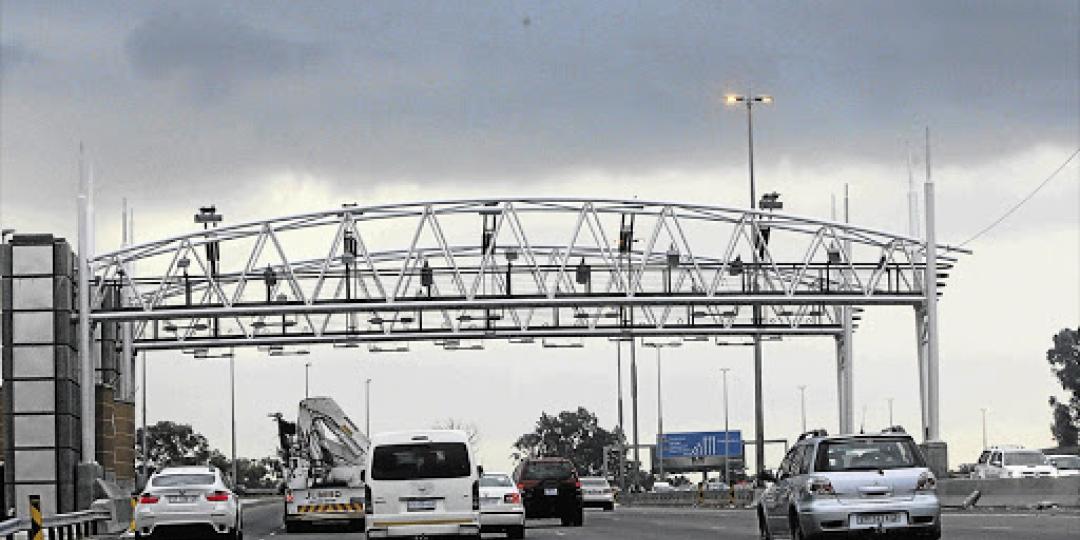Civil society organisations have called for National Treasury to transfer provincial road budgets to Sanral after the state-owned entity claimed it needs R15 billion per annum to operate following the failure of the e-toll system.
Minister of Finance, Enoch Godongwana, announced in October that Phase-1 of the Gauteng Freeway Improvement Project (GFIP) would no longer require e-tolls to finance Sanral's freeway upgrade.
Instead, its outstanding bonds will be covered by a mix of allocations from the coffers of National Treasury and the Gauteng Province.
However, the e-toll scheme has continued for the past almost six months.
Organisation Undoing Tax Abuse said in a statement that thousands of motorists and companies who feel compelled to abide by the law continue paying for a defunct scheme.
"In the closing months of 2022, Gauteng residents were told that agreements between national and provincial authorities regarding the allocation of revenue to cover Sanral's failed e-toll scheme would be finalised by 31 December 2022.
“Thereafter, the gantries would no longer be used for e-tolling and would be repurposed for other revenue-generating and road safety measures," Outa said.
Gauteng Premier, Panyaza Lesufi, also made the surprise announcement that about R6.8 billion collected from those who paid e-tolls will be refunded.
However, no further details of how this will happen have been provided.
Sanral's annual performance plan (APP) tabled in Parliament on 6 April reveals that the decision to move on from the failed e-toll scheme has enhanced Sanral's ability to attend to its mandated economic contribution.
However, Sanral claims it will require R15 billion per annum for the next decade to do so.
"This amount of R15 billion is certainly not all due to lost e-toll revenues, as the scheme had planned to make around R2 billion per annum for contribution to GFIP bonds and maintenance, after paying the ETC collection costs," said Wayne Duvenage, Outa CEO.
"Sanral needs to acknowledge that the e-toll revenues they hoped to collect from a scheme were excessive in relation to the overpriced 186 kilometre upgrade, which Outa had warned would fail."
Duvenage said various provincial governments were unable to maintain their road infrastructure, adding a significant additional burden on Sanral's finances.













